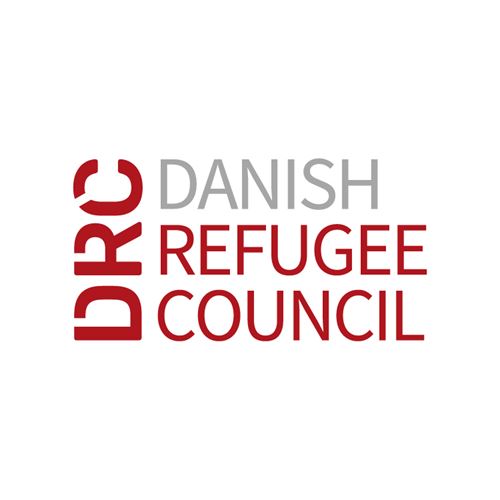News
Crucial refugee summit: Solidarity threatened by rich countries
This week, states, international organizations, NGOs and refugees from around the world will meet for the Global Refugee Forum (GRF), which will be held in Geneva on December 13-15.

The rich countries must stop building higher walls. Instead, they need to dig into their pockets so that they can contribute to better inclusion and opportunities in host countries. At the same time, they must take in more resettlement refugees and ensure access to asylum.
This is the message from the Danish Refugee Council at the this weeks crucial summit about global refugee cooperation, the Global Refugee Forum (GRF) – which is held at the same time as the number of displaced persons sets a new sad record of 110 million in 2023.
States, international organizations, NGOs and refugees themselves – ALL who work with refugees – will meet in Geneva on December 13-15 to chart a new course for international refugee protection, which is under intense pressure from a lack of political will to find solutions, a growing number of refugees and insufficient funds.
The summit could have a decisive impact on how the world handles refugee situations in the future.
"It is actually a fairly well-functioning global refugee system, which in recent years has been challenged by an increasing number of refugees and a lack of political will, but in the north we are 'solving' it roughly by building higher walls. This is not only a lack of solidarity, it is also short-sighted," says Danish Refugee Councils Secretary General, Charlotte Slente, who is attending the summit.
"The Global South is already home to the majority of the world's refugees. But in the north, we meet the refugees with visa requirements, high-tech border surveillance and Rwanda models. In the south, one can rightly ask why they should bear most of the responsibility while we in the north are trying to get rid of it."
When the Globale Refugee Forum was held for the first time four years ago, it set a new, positive direction for global refugee cooperation, based on the premise that global challenges can only be addressed through international cooperation.
The summit resulted in over 1,600 concrete pledges on policy change, financial contributions to host countries, more inclusive policies to improve access to work and education for refugees, and integration efforts.
"We must ensure access to asylum"
Danish Refugee Council (DRC) is also participating in the summit this year, where DRC fights to improve economic opportunities and social security networks for refugees, and DRC has also worked to ensure that many young refugees are heard prior to the summit.
Together, these commitments help set a new direction for refugee cooperation globally. But Charlotte Slente stresses that there is a special responsibility on the countries of the north to change course.
"Higher walls don't work. And the task is not to keep refugees out, but to bring them to safety. We must accept our share of responsibility. This means, for example, receiving more resettlement refugees and ensuring access to asylum – as well as providing better financial and technical support to the host countries," says Charlotte Slente.
"It will be difficult, but we can do it. EU countries dealt quickly and effectively with the displaced persons of the Ukraine war: they got out, they moved on, got residence permits and opportunities for work and education – at a pace rarely seen in the EU. The driving force was good will. We must also find it within ourselves when it comes to the rest of the world's refugees."
About the Global Refugee Forum:
This summit organized by the UN refugee agency UNHCR brings together states, international organizations, donors, NGOs and the refugees themselves. The GRF is being held for the second time.
The first summit followed up on the groundbreaking UN agreement Global Refugee Compact, which for the first time set out global principles to improve conditions for the world's refugees and the states hosting them.
The first summit led to around 1,600 concrete pledges from governments and other actors that set a new course in refugee cooperation. Since then, however, much has gone in the wrong direction, and world leaders are therefore also at a crossroads on the eve of this summit.

